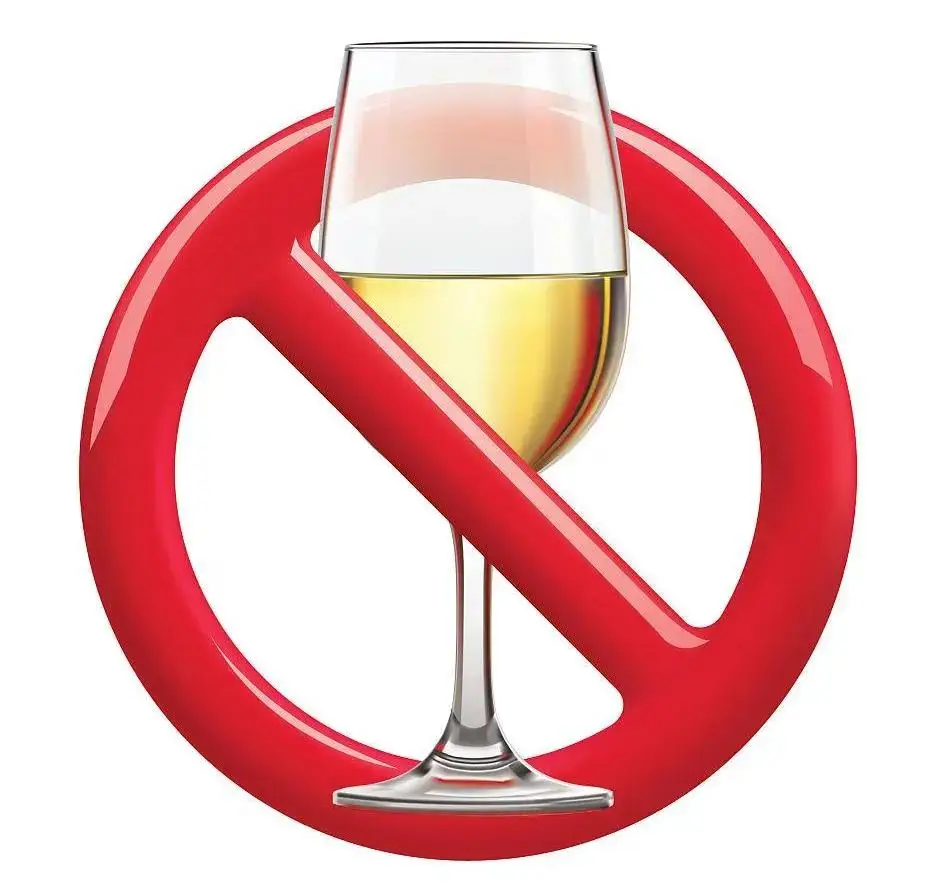When was the last time you woke up with a pounding headache, a foggy memory, and a lingering sense of regret? If this sounds familiar, you’re not alone. Many of us have been there, brushing it off as just another night out. But what happens when your friends—the very people you share these moments with—start expressing concern? What happens when they say, “You drink too much”?
It’s easy to dismiss these comments. You might tell yourself they’re overreacting or that everyone drinks this much. But deep down, you know something isn’t right. The truth is, when the people who care about you speak up, it’s time to listen. Quitting drinking might seem daunting, but it could be the most empowering decision you ever make.
The Wake-Up Call: Why Friends Speak Up
Friends are often the first to notice changes in our behavior. They see the subtle shifts—the way you become more irritable, the times you cancel plans because you’re hungover, or the moments when drinking takes precedence over everything else. Their concern isn’t meant to criticize; it’s rooted in care. They want the best for you, and they see a path you might be too close to recognize.
Ignoring these warnings can lead to strained relationships, missed opportunities, and a decline in physical and mental health. Alcohol, when consumed excessively, affects not only your body but also your relationships, career, and overall quality of life. Your friends are offering you a lifeline. Grab it.
The Hidden Costs of Excessive Drinking
Many people underestimate the impact of alcohol on their lives. It’s not just about the occasional hangover; it’s about the cumulative effects that creep into every aspect of your existence.

-
Health Deterioration: Alcohol is a toxin. Regular excessive consumption can lead to liver disease, heart problems, weakened immune system, and increased risk of cancer. It also affects your mental health, contributing to anxiety, depression, and sleep disorders.
-
Strained Relationships: Drinking too much can make you unpredictable, emotionally volatile, and unreliable. Friends and family may distance themselves to avoid conflict or disappointment, leaving you isolated when you need support the most.
-
Professional Consequences: Missed deadlines, decreased productivity, and inappropriate behavior at work can jeopardize your career. Alcohol impairs judgment, making it difficult to perform at your best.
-
Financial Drain: The cost of alcohol adds up quickly. From buying drinks at bars to spending money on recovery remedies, excessive drinking is an expensive habit that offers diminishing returns.
Why It’s Hard to Quit
Acknowledging that you have a problem is the first step, but quitting is rarely easy. Alcohol often serves as a coping mechanism for stress, anxiety, or unresolved emotional issues. It’s woven into social rituals, making it hard to imagine life without it. The fear of missing out or being labeled “boring” can also hold people back.
However, these fears are often exaggerated. Quitting drinking doesn’t mean giving up fun; it means rediscovering it in healthier, more meaningful ways. The temporary discomfort of withdrawal or social adjustment pales in comparison to the long-term benefits of sobriety.
How to Quit: Practical Steps
If you’re ready to take control, here’s a roadmap to help you quit drinking:
-
Acknowledge the Problem: Admit to yourself that your drinking has become problematic. This isn’t about shame; it’s about empowerment. You’re choosing to make a change for the better.
-
Set Clear Goals: Decide whether you want to quit entirely or reduce your consumption. Be specific about your intentions and write them down. This makes your commitment tangible.
-
Seek Support: You don’t have to do this alone. Confide in friends or family members who have expressed concern. Consider joining support groups like Alcoholics Anonymous (AA) or seeking professional help from a therapist or counselor.
-
Find Alternatives: Replace drinking with healthier activities. Exercise, hobbies, and social events that don’t revolve around alcohol can fill the void and provide a sense of fulfillment.
-
Prepare for Challenges: There will be moments of temptation. Plan how you’ll handle these situations—whether it’s having a non-alcoholic drink on hand or practicing saying “no” confidently.
-
Celebrate Milestones: Every day without alcohol is an achievement. Reward yourself for milestones—one week, one month, one year—to stay motivated.
The Benefits of Quitting
The rewards of quitting drinking are profound and far-reaching. Here’s what you can look forward to:
-
Improved Health: Within days of quitting, your body begins to repair itself. Better sleep, increased energy, clearer skin, and improved mental clarity are just some of the immediate benefits.
-
Stronger Relationships: Sobriety allows you to be present, reliable, and emotionally available. Your friends and family will notice the positive change, and your connections will deepen.
-
Enhanced Productivity: With a clear mind and renewed energy, you’ll perform better at work and pursue personal goals with greater focus.
-
Financial Savings: The money you save on alcohol can be redirected toward experiences and investments that enrich your life.
-
Self-Discovery: Sobriety offers an opportunity to rediscover who you are without alcohol. You’ll develop healthier coping mechanisms and a stronger sense of self-worth.
You’re Not Alone
Remember, your friends’ concern comes from a place of love. They see your potential and want to help you unlock it. Quitting drinking isn’t about deprivation; it’s about liberation. It’s about reclaiming your time, your health, and your relationships.
Today is the perfect day to start. Listen to your friends, trust their judgment, and take that first step toward a brighter, sober future. You have the strength to do this, and the rewards will be worth every effort.




发表评论